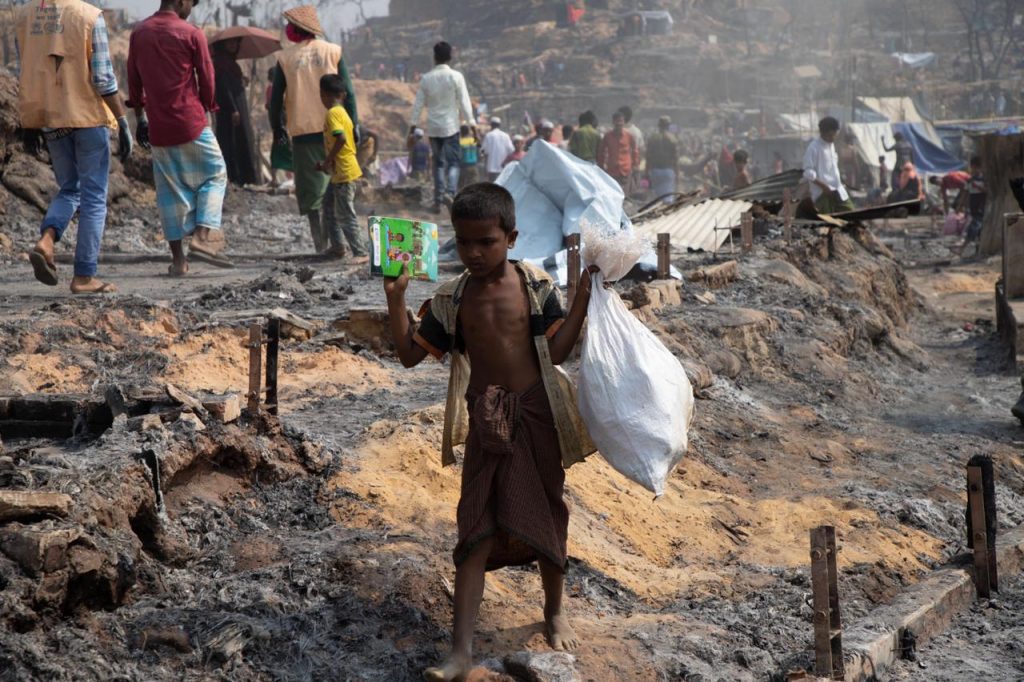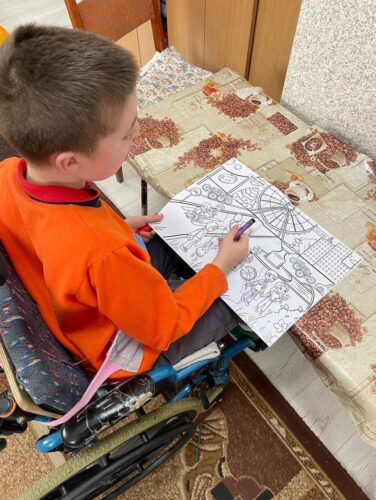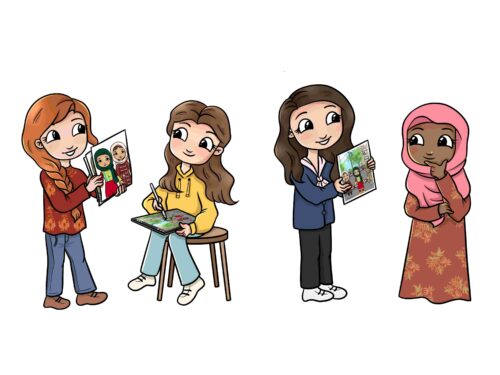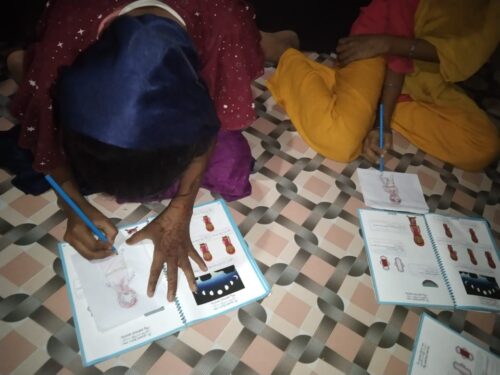Photo by: Hossain Ahammod Masum

Learning in a Time of Crisis
“Unfortunately, we can’t prioritize education right now. It’s not an immediate need. It’s more of a long-term need. We don’t need your help just yet. Maybe come back in 6 months.”
They say timing is everything. In my case, my timing was apparently wrong by all definitions. Despite the obstacles and disagreements, I will continue to make the argument that education is and continues to be an immediate need – especially during times of crisis.
Why?
Education – even in the form of a simple picture book – can serve as a coping mechanism. An escape from reality. Though it may only be an escape for a few minutes a day, those precious moments can make the biggest difference for one’s mental health.
Those precious moments can aid in reducing anxiety, calming the mind, and providing a much-needed distraction from the immediate situation.
Of course, we need to prioritize finding food, clean water, and shelter in the aftermath of a disaster. But learning can still happen. What if a refugee had a book in hand while standing in line waiting for food? What if a refugee had a book while waiting in the clinic? These are the moments when we desperately need a distraction from the reality in which we live. These are the moments when we need something that can open up our imagination and take us to places we have never been.
The Rohingya people do not take education for granted. My first thought when I watched the mass Rohingya exodus in August 2017 was, “I need to get them books. Right now.” In my eyes, the exodus was the most valuable time for books to be used as coping mechanisms during this traumatic event. Books can aid in the trauma healing process. Yes, they may only have a few minutes a day to glance at a book, and they might not even be literate to read, but they have eyes to see. A picture speaks a thousand words. A picture can be used to start conversation, to spark a memory, to ask a question. Think of the impact a book entirely full of pictures can have on the individual. Think of their mental health.
My idea was understandably shot down by multiple individuals and organizations as they argued it wasn’t great timing.
“People need food, water, and medical care during a crisis. They don’t need books.”
Think of the amount of time refugees spend waiting to receive aid: food, medical care, fresh water. Wouldn’t it be helpful if they had a book while they were waiting?
Of course, funding remains an issue when prioritizing resources. This is something unfortunately I cannot argue with – but would encourage finding creative ways to find learning opportunities with the few resources we have.
We should strive to decrease the amount of lost learning opportunities in a refugee camp, even during a crisis.
The Rohingya do not take education for granted. I remember the moment we made our first book distribution. When the children each received their book, they handled it as if it was the most delicate item ever to be placed in their hands. I watched them carefully put the book into their backpacks – some even wrapped it in a piece of cloth to keep it safe.
This simple action of keeping a book so beautifully intact was powerful, almost as powerful as this photo displayed above.
My friend captured this photo of a young Rohingya boy in the aftermath of a horrific fire that ravaged his community on March 22nd, 2021. The fire destroyed over 10,000 shelters, displacing 45,000 people and taking the lives of 11 individuals. Over 400 people are still missing.
In the midst of chaos, disaster, and loss, this boy carries his possessions in one hand, and our picture book in the other. He kept this book close to him when the fire tore through his home. I bet he and his friends still look through the book, even during this time.
In one photo, it perfectly illustrates everything that the Rohingya community has been through. They have suffered in countless, unfathomable ways. They have faced hardship that many of us will never begin to understand.
And yet, they continue to take the next steps, carrying the few worldly possessions they have in their hands. Their strength and unwavering commitment to remain strong continues to inspire me everyday.
When all seems lost, this little boy continues to carry that book.
For years, I’ve been told that my timing is wrong to implement education materials during such times of crisis. As I watch the aftermath of this horrific disaster unfold, it is in this moment that I realize my timing might not be wrong at all. It might just have been perfect timing.
Looks like it’s time for another book distribution! Learn more about how to support our book distributions here.
Other Posts
Storytelling Series
Check out our storytelling series: Rohingya Reunions!







